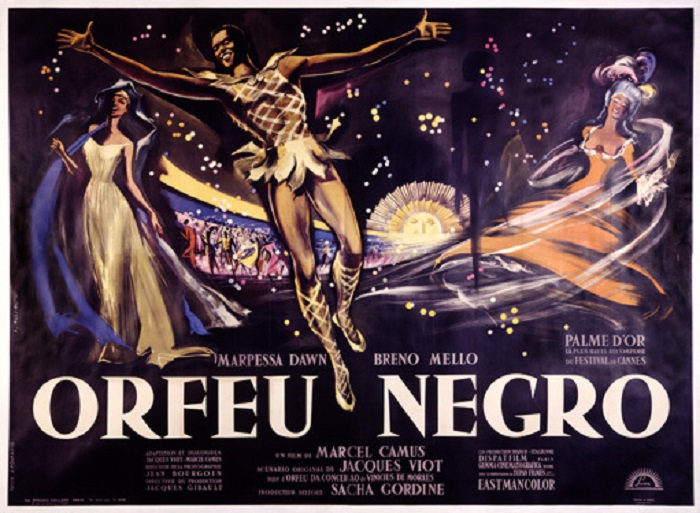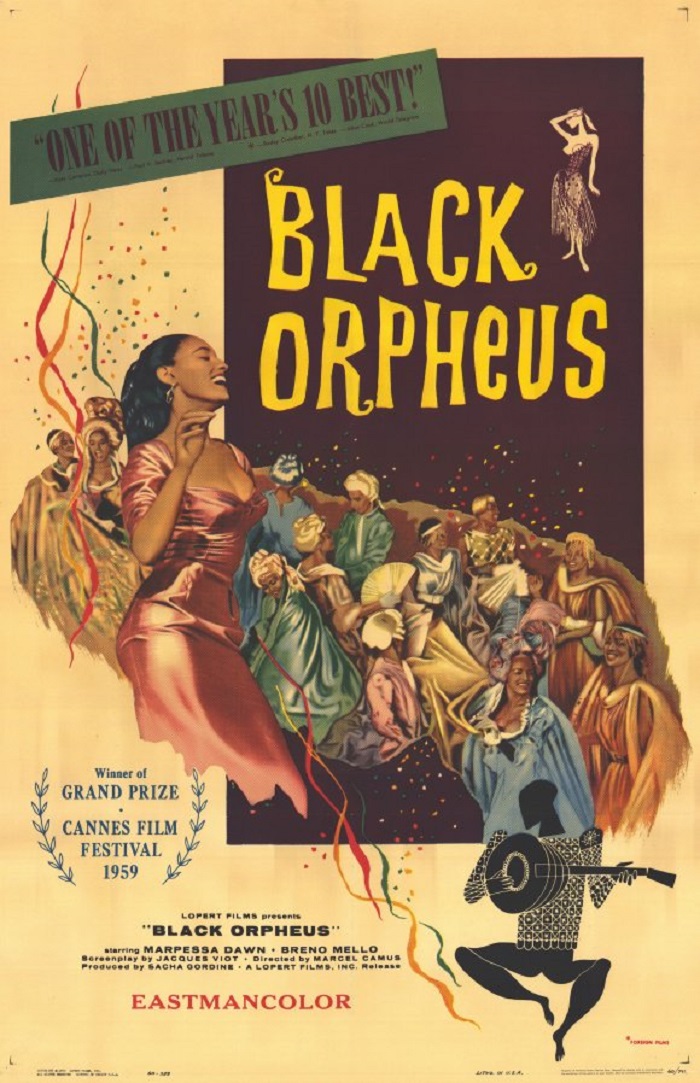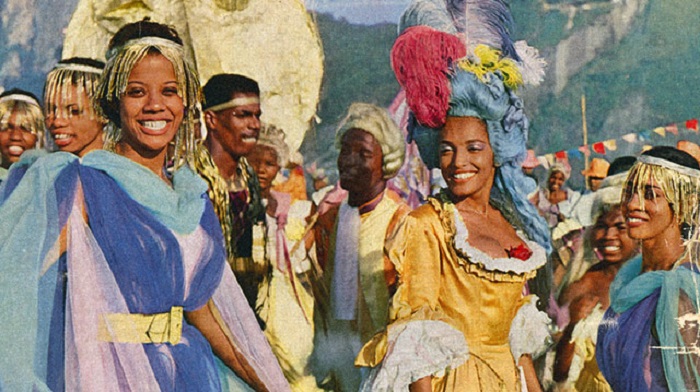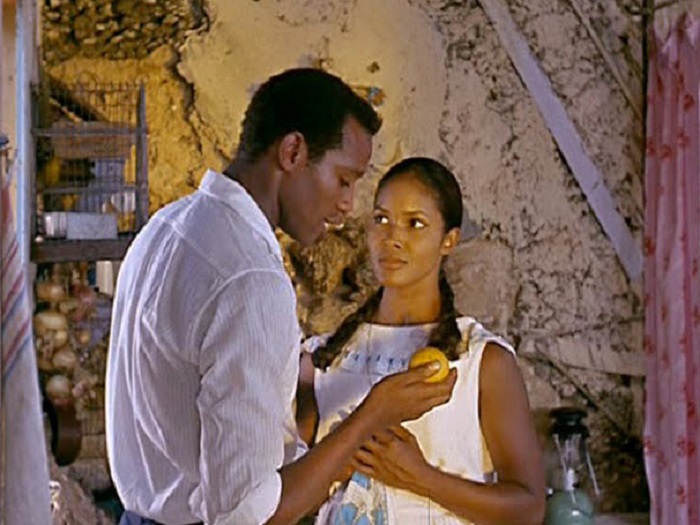The LIT History Series is for the Legends, Innovators, and Trailblazers that have shaped our culture. I love history, and in turn, I love Black history. So much of our culture has been defined by those who’ve come before us, so I write this to capture and chronicle our narratives.
Winner of both the Cannes Film Festival’s Palme d’Or and the Academy Award for Best Foreign Language Film, Marcel Camus’ Black Orpheus (Orfeu negro) is one of those iconic films that everyone once knew about and talked about. Considering that this film was released in 1959 and featured an all-black cast, this was a huge deal in its time.
Black Orpheus stars Breno Mello and Marpessa Dawn in a retelling of the ancient Greek myth of Orpheus and Eurydice, a tale of love, passion, and human vulnerability. But this time, it’s set in Rio de Janeiro during Carnaval.

The film became a worldwide sensation due to its extravagant costumes, bossa nova music, and vibrant representation of Brazilian spirituality, sensuality, and culture. For most film audiences outside of Brazil, Black Orpheus was their first exposure to black people living in South America.

However, not everyone was impressed with the movie. Brazilians, in particular, were less impressed with Black Orpheus than the rest of the world. For starters, the film’s director, Marcel Camus, was a Frenchman, which makes the film a foreigner’s take on people of color and specific culture. Robert Stam, an NYU film scholar, claimed it to be “as authentic as a French person making a film about American baseball.”
Another criticism of the movie is its depiction of life in Brazilian favelas. Essentially, it’s completely glossed over.

Yet despite all of that, Black Orpheus is a timeless classic. I only watched the movie for the first time two years ago thanks to the recommendation of a coworker, and I instantly loved it. If for nothing else, seeing that many black actors and actresses on screen in a film made in the late 1950s completely shocked me. There is no denying its cultural significance.
I knew the myth of Orpheus and Eurydice before I started the film (thank you Greek Mythology class), so I knew how it would end, but I was still on edge about how things would play out. The acting, the setting, the music, the cinematography, all of it impressed me. I especially liked the literal personification of “death” at Carnaval.
And the chemistry between the two main actors… I mean, just look at them!

Interested in watching Black Orpheus? You can watch the movie in its entirety on Hulu, thanks to the Criterion Collection. It’s definitely worth a look. I will say, there is an option to watch an “English dubbed” version, but I highly suggest watching it in Portuguese with the English subtitles. It’s so much better that way.
Trust me.

